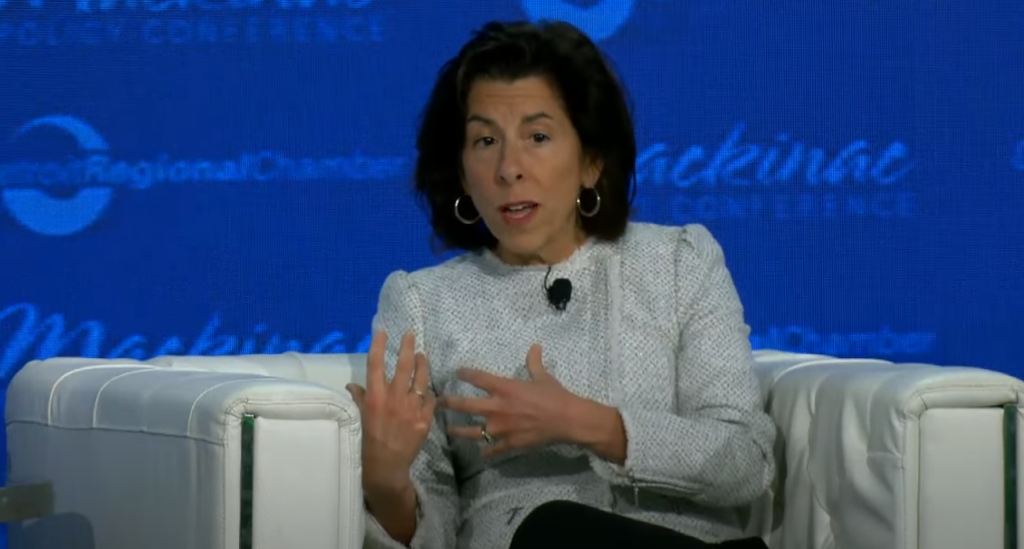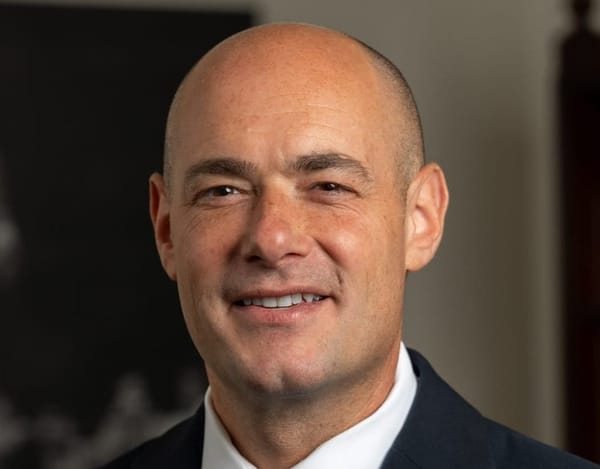GlobalWafers Secures $400M From CHIPS and Science Act
The company will invest in new silicon wafer manufacturing.
Michael D. Melero

July 17, 2024 – The U.S. Department of Commerce and GlobalWafers America signed a non-binding preliminary memorandum of terms on Wednesday for GlobalWafers to receive up to $400 million to help increase silicon wafer production in Texas and Missouri under the CHIPS and Science Act.
“The semiconductor wafers will be the foundation for the complex chips we need to compete in the global economy,” said Arati Prabhakar, director of the White House Office of Science and Technology Policy. “We’re bolstering our national security, advancing our clean energy transition, and creating good jobs that support families in Texas and Missouri.”
GlobalWafers America manufactures silicon wafers, the vital components used to make semiconductors, which are essential parts of electronic devices. In response to rising competitiveness from China, Congress passed the $280 billion CHIPS and Science Act in 2022 to spur American leadership in semiconductor research, development and production.
The proposed GlobalWafers investment will create 1,700 construction jobs and 880 manufacturing jobs, supporting projects with total capital spending of approximately $4 billion across both states. It will establish the first 300mm silicon wafer manufacturing facility for advanced chips in the United States. It will also add a new facility in St. Peters, Missouri to produce 300mm silicon-on-insulator wafers, which allow for improved performance in harsh environments.
“GlobalWafers will play a crucial role in bolstering America’s semiconductor supply chain by providing a domestic source of silicon wafers that are the backbone of advanced chips,” said U.S. Secretary of Commerce Gina Raimondo. She noted that it will create over 2,000 jobs, lower costs, and improve economic and national security across both states.
GlobalWafers America aims to convert its existing silicon epitaxy wafer manufacturing facility in Sherman, Texas, to 150mm and 200mm silicon carbide epitaxy wafer manufacturing. Silicon carbide epitaxy wafers are crucial for high-voltage applications, notably including electric vehicles and clean energy infrastructure.
The company partners with local high schools and colleges in both states to establish electronics labs for technician certifications and support dual-enrollment in advanced manufacturing and automation for high school students.
This is not the first investment announced through the CHIPS and Science Act. The Department of Commerce signed a non-binding preliminary memorandum of terms with semiconductor manufacturer Rogue Valley Microdevices on July 1. The company is set to receive up to $6.7 million under the CHIPS and Science Act to improve technology advancements and performance in Palm Bay, Florida.
RocketLab signed a non-binding preliminary memorandum on June 10 for up to $23.9 million to create a more robust and resilient supply of space-grade solar cells that power spacecraft and satellites.








Member discussion